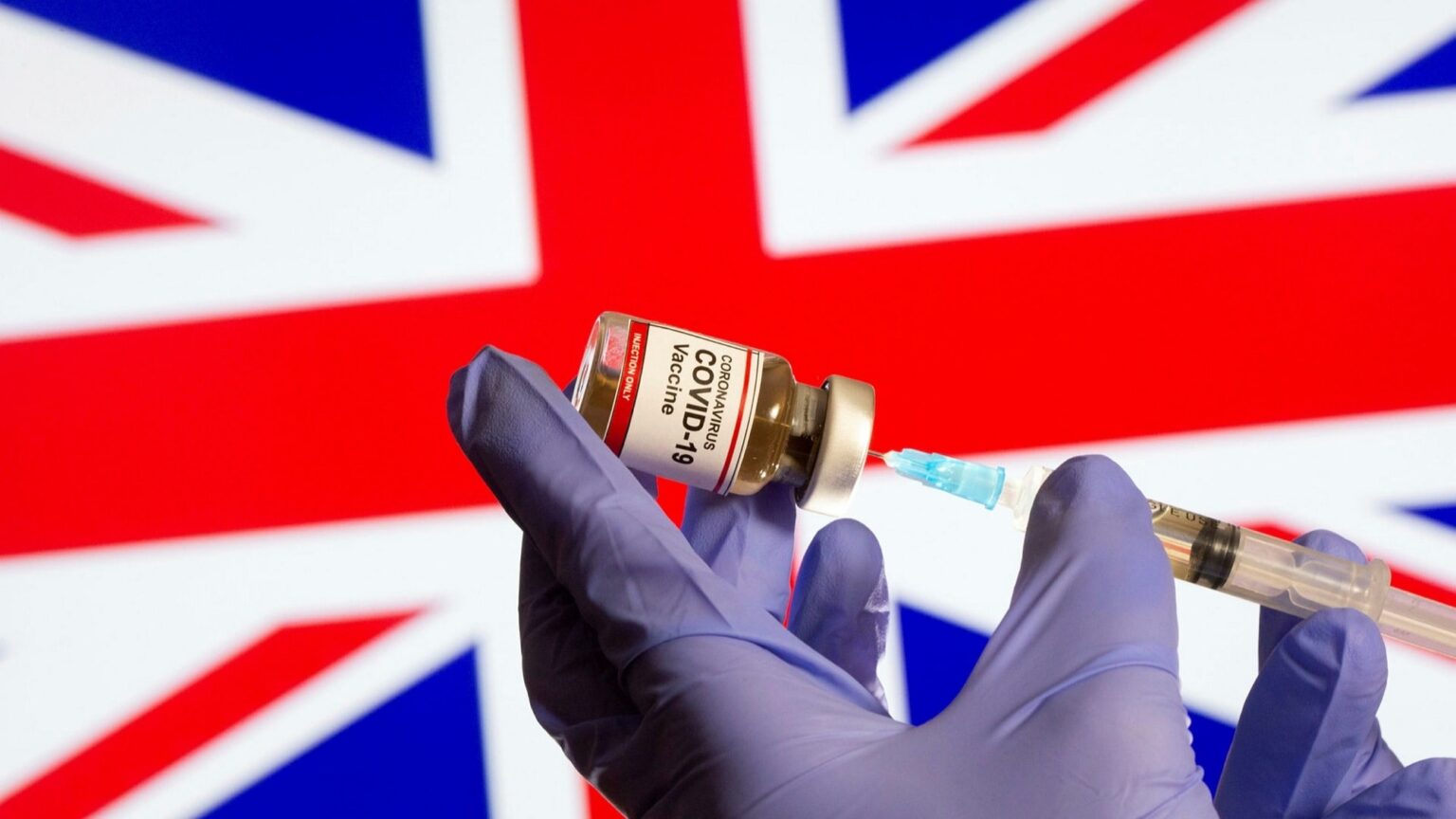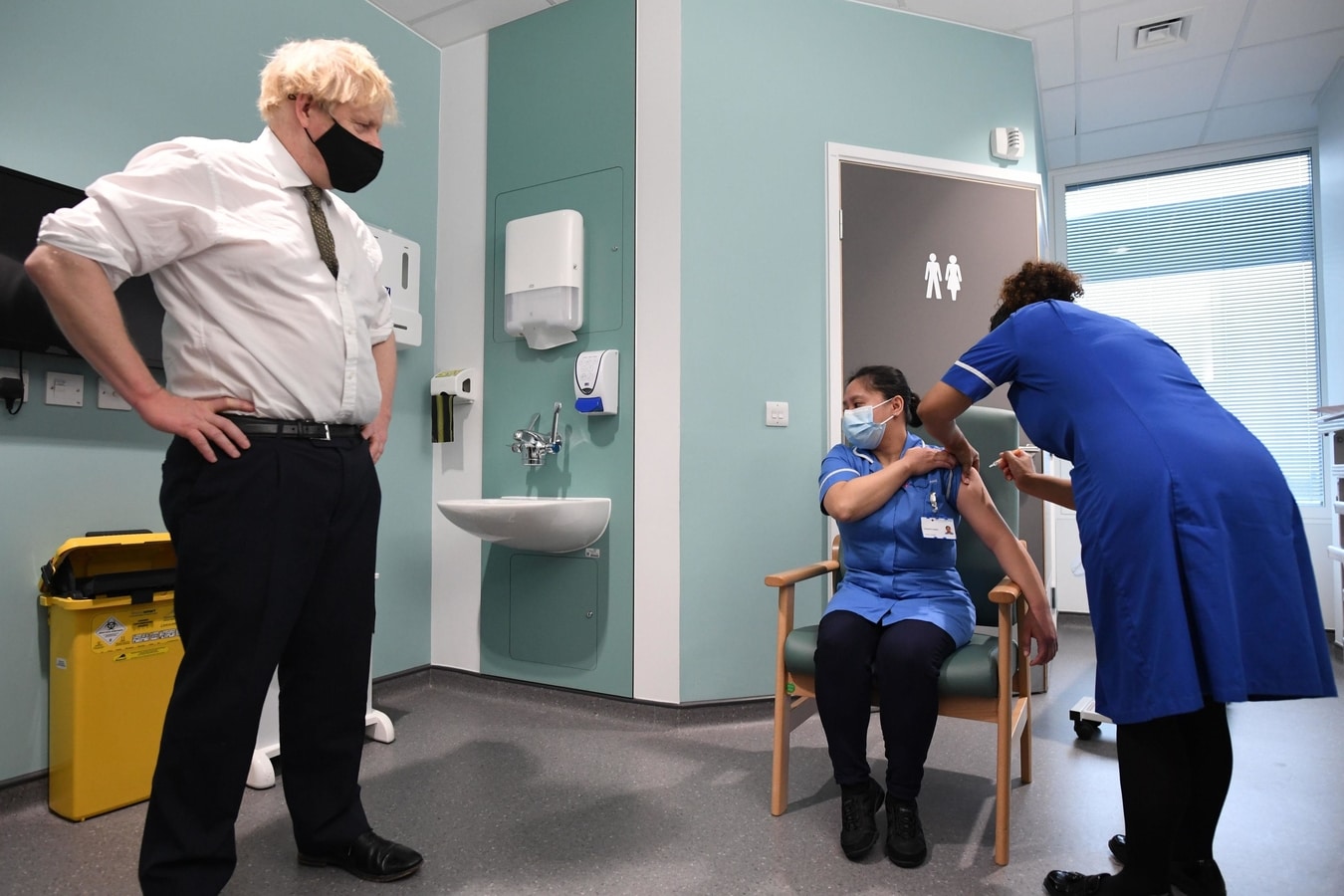
How is the UK trying to track the problematic coronavirus variant?
England has begun taking extensive measures in snuffing out the new variant of the novel coronavirus, designed to slow down the spread so that it doesn’t undermine the current vaccination process. Can this idea actually work in the short run?
Authorities are determined to reach their goal of testing 80,000 England residents who live within the eight identified areas where the South African variant was found, opting to actually go door-to-door to conduct the COVID-19 tests. Are girl scout cookies included?
Through a combination of mobile testing units & home testing kits, authorities hope to reach their target goal of residents in hopes of slowing down the spread of this new coronavirus variant. We’re in a critical race against time in this current global pandemic, and with much of the world in the vaccination process, is it smart of the UK to track the virus by going door-to-door?

COVID-19 vaccine and new strains
More than 109,000 people have died in the UK due to complications from COVID-19, and while the country is, thankfully, seeing a slight decrease in new cases, now is not the time to let up, especially with the new vaccines being administered.
Over a month ago, a new strain of the coronavirus was found in the UK, which scientists claimed to be more transmissible than the original virus. The CDC has already confirmed more than 300,000 cases of this UK strain are in the U.S..

Now, we have learned that another variant has come from the virus, only this time from South Africa, assumed to be more “deadly” . . . and it’s now in the UK.
Currently, the two vaccines being distributed & utilized in the UK were created by Moderna & Pfizer, with both proven at a high effective rate to combat the coronavirus. While it appears Johnson & Johnson has also produced a vaccine with a slightly lower effective rate in combating the coronavirus, it looks like they’ll soon have a third vaccine to further the aid of those affected by COVID-19.

UK comes knocking
Public health authorities in England are concerned about this South African variant due to its mutation of the virus’ characteristic spike protein . . . the same spike protein that the existing vaccines specifically target.
Britain’s government announced last December that the country would have to tighten the leash on many COVID-19-related protocols in order to control the spread of the new coronavirus variant; it’s called the “Kent” variant, named after the English county where the new variant was first detected.
While the door-to-door testing method is already underway in hopes of tracking the new coronavirus variant, UK scientists still have no conclusive evidence that the new coronavirus variant, or Kent variant, causes more deaths or more serious COVID-19 cases.

Health experts speak up
Dr. Julian Tang, a clinical virologist, spoke about this “worrying development”, and gave a written statement discussing the need to continue with these aggressive efforts to slow the spread of this new coronavirus variant:
“Closing borders and restricting travel may help a little with this, but there is now probably already a sufficient critical mass of virus-infected people within the endemic UK population to allow this natural selection and evolution to proceed, as this report suggests, so we really need to stick to the COVID-19 lockdown restrictions as much as possible.”
Health Secretary Matt Hancock also chimed in with his own thoughts regarding these new extreme methods of tracking the virus, such as going door-to-door, stating that, “Our mission must be to stop its spread altogether and break those chains of transmission.”
—
What are your thoughts on this new tracking method out of the UK? Do you think this new coronavirus variant is something that needs to be taken more seriously in other countries? Let us know your thoughts in the comments.







